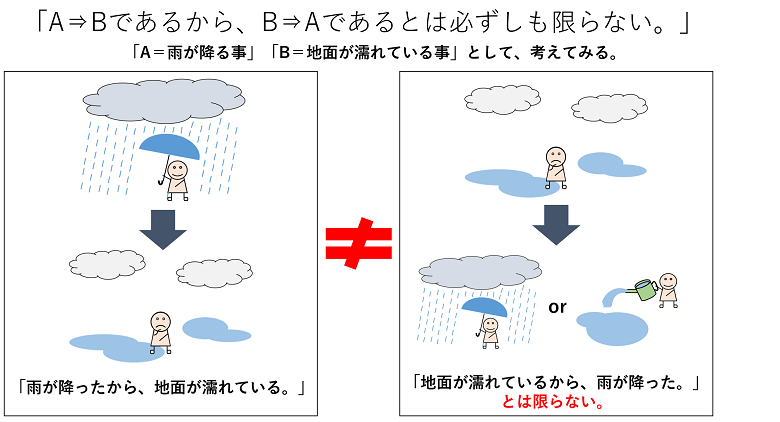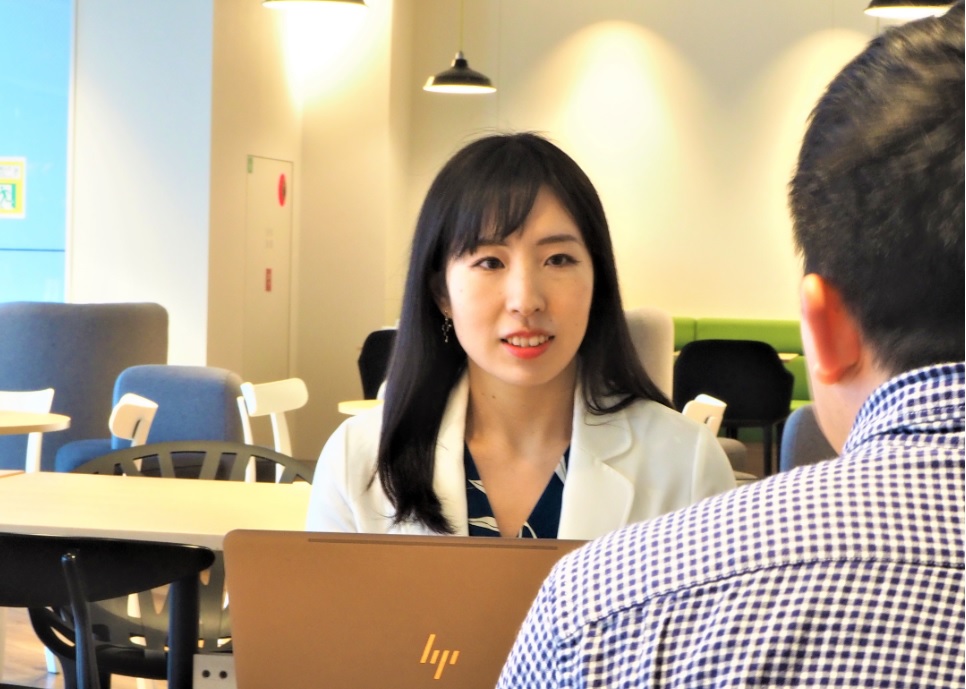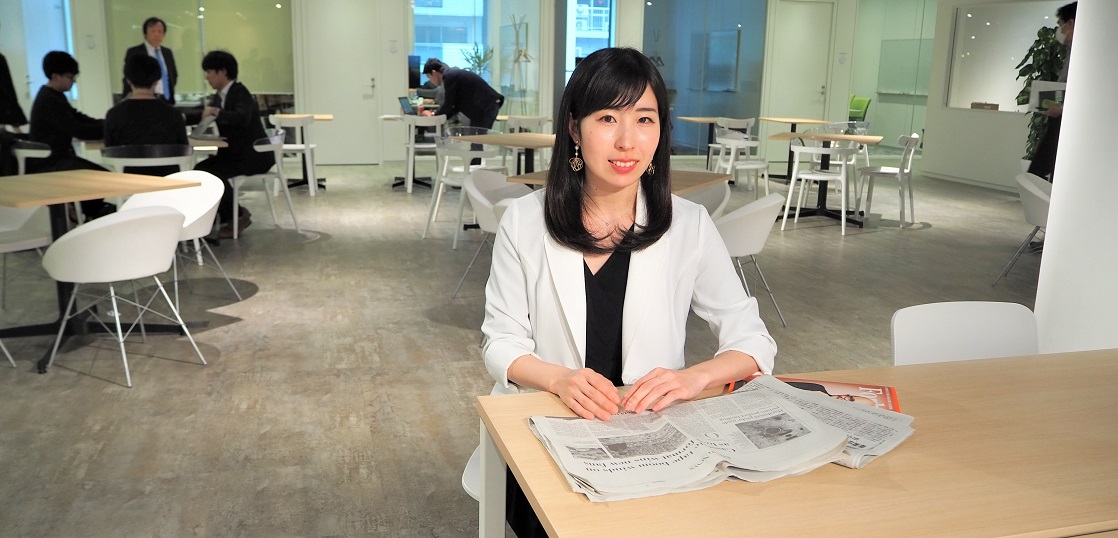With the rapid development of science, it is important to improve scientific literacy. How should we read the news that various information flows every day?
This time, Euglena Co., Ltd. Executive Officer / President of GeneQuest Co., Ltd. and life scientist Shoko Takahashi will explain the points based on the theme of "How to read science news that is not misunderstood even in the humanities".
Three points when reading science news
-Among the news, science news is easy for many people to feel that it is difficult to read. Is there any trick to read science news well?
Takahashi: It's hard to get started unless you're involved in science on a regular basis.
When reading science news, I think you should be aware of three points. The point is
1. 1. Causal relationship
2. Part and whole
3. 3. Source of information
is.
Is "causal relationship" different from "correlation"?
-Is it "causal relationship", "part and whole", "source of information" ...?
... I'm sorry, I don't understand the meaning, so could you explain from the first point, "causal relationship"?
Takahashi: It's easy to understand if you talk about examples, so I'll give you examples.
For example, there was news in the past titled "People with young feelings had really young brains." Comments on the internet for the news included things like "Is the brain tired?" And "Keep your feelings young to prevent aging of the brain."
However, what is written in the news is that "as a result of examining the brain of a person with young feelings, it was found that the person whose brain structure has not deteriorated has a young feeling."
It is written that the causal relationship is uncertain whether the brain is young and the feelings are young, or whether the feelings are young and can lead a lifestyle that keeps the brain healthy.
In other words, the causal relationship of the comment "Young feelings ⇒ Young brains" cannot be understood from this news.
-What? But I understand the feelings of those who commented. Because I am easy to get caught up in the title. .. ..
Takahashi: That's right. However, news titles often contain only a limited amount of information with a small number of characters, so be careful not to receive it as it is, especially in the case of science news. Let's take a look at the causal relationship without thinking that the title might have an image of the flow of the story.
To explain concretely about catching a causal relationship, in the news showing the relationship between event A and event B, it is necessary to firmly find out which of A and B comes first as a causal relationship.
In addition, it should be noted that since A⇒B, it is not always B⇒A. And, as a major premise, it is also important to correctly grasp what is "A" or "B".

Also, in research news and announcements, it is easy to misunderstand the relationship between A and B.
A relationship such as "A causes the result of B" is a "causal relationship", but "the more A, the more B tends to be", "according to the increase or decrease of one variable". There is also a "correlation" such as "the other variable also increases or decreases", and if you confuse it, you will misunderstand it again, so be careful.
I recommend the book "Economics of" Causes and Effects "" in this area.
(Causality is one of the correlations)

Don't confuse the findings of one part with the whole story
-It means to grasp the position of the event exactly. Memo Memo.
What do you mean by the second "part and whole"?
Takahashi: I would like to explain "part and whole" with examples.
For example, there was news titled "It turned out that DNA was the key to getting rich." If you look only at the title, you might think, "Oh, is it decided whether I can get rich at the genetic level (maybe I'm different from the beginning ...)"?
However, in reality, "the influence of genetic factors" and "determined only by genetic factors" are completely different things, and genetic factors are a part of many factors that influence getting rich. There is only one. Even though 95% are different factors, if even 5% are involved as a factor, it could be news with such a title.
Elsewhere, for example, type 2 diabetes is said to have a genetic factor of about 30%, but it is clear that it would be a lie if you wrote that "whether or not you have diabetes was determined by your genes." Therefore, when reading science news, it is necessary to carefully examine and understand whether the news is telling a part of the story or the whole story.

-Uh, this seems to be wrong. I feel that I see quite a few opinions that seem to emphasize a part.
Takahashi: I think the reason for taking out a part is that it is easy to make news that has an impact and it is easy to attract the attention of the recipient.
In addition, I think that there are many so-called negative articles that "take up only a part and convey it." For example, in the current situation that "genome editing is highly accurate, but there are some unpredictable parts", negative articles may be titled "genome editing is bad", but this is "partial". It means that there is an unpredictable part, "which is being taken up as a whole and denied.
In the first place, in science news, science itself is constantly evolving, so there are many negative articles that pick up some unknown parts compared to other news fields. The reason is that it is always in the process of evolution, so people who are talking about the future a little, people who are talking about the present, and others who are discussing on multiple time axes are mixed, and the whole picture of what is conveyed is It's hard to see. Therefore, you need to be especially careful when reading science news that feels negative.
Previously, Mr. Nishikawa, the editor-in-chief of NPO All About Science Japan, said, "The more strongly you oppose, the more confident you are that you have scientific knowledge. And the more strongly you oppose. , The evaluation score of scientific knowledge is low. "
This means that the stronger the opposition, the lower the scientific literacy and the harder it is to get the whole picture. With solid scientific literacy, you will be able to determine whether the news is partial or whole.
-In the previous story, you said, "You can expand your world by raising scientific literacy," but that is exactly the case.
~ Continue to the second part~
Euglena Co., Ltd. Executive Officer in charge of bioinformatics business
/ Representative Director of GeneQuest Co., Ltd.
Shoko Takahashi
Graduated from the Faculty of Agriculture, Kyoto University. In June 2013, he started GeneQuest Co., Ltd. while enrolled in the doctoral program at the Graduate School of Agriculture and Life Sciences, the University of Tokyo. Completed the doctoral course in March 2015 and obtained a doctorate. We provide a genome analysis service that conveys genetic information on disease risk and constitution to individuals. April 2018 Appointed Executive Officer in charge of Bioinformatics Business, Euglena Co., Ltd.
Received the Ministry of Economy, Trade and Industry "2nd Japan Venture Award" Minister of Economy, Trade and Industry Award (Female Entrepreneur Award), the 10th "Japan Bio-Venture Award" Japan Venture Society Award, World Economic Forum "Young Global Leaders" Selected for "2018".
In his book, "How does genome analysis change the world of" I "? -The future that can be created by life science technology- ".
Gene analysis platform "Euglena My Health"

